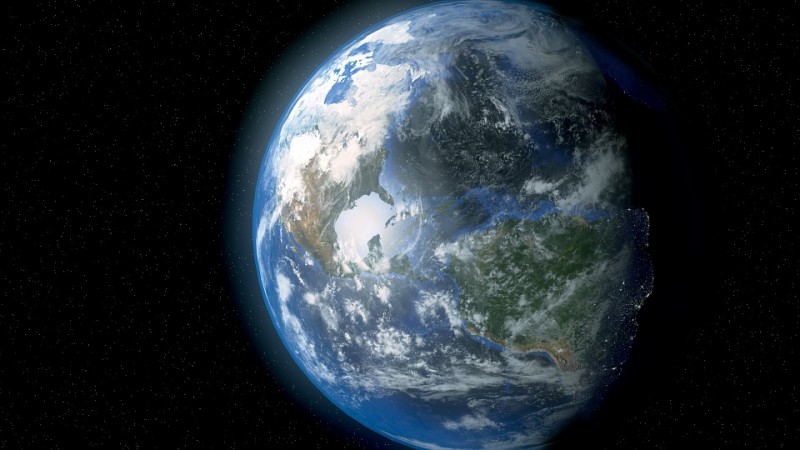
The fate of our beloved planet, Earth, is a matter of great intrigue and concern. Humanity has always been curious about what the future holds for our home in the vastness of the universe. While the lifespan of Earth is indeed a subject of scientific exploration and theorization, predicting an exact date or event for its passing is a complex task.
Planets, including Earth, have a natural lifecycle. Just like all living things have a birth and an end, planets too follow a similar pattern. They are born out of dust and gas in a stellar nursery, evolve and sustain life, and eventually face their demise.
Planets form from the remnants of a protoplanetary disk surrounding a young star. Over millions of years, these particles come together due to gravitational forces, forming planets.
Stars, including our Sun, go through a phase known as the main sequence, where they steadily fuse hydrogen into helium in their cores. During this time, they provide the energy needed to sustain life on planets like Earth.
In about 5 billion years, the Sun will enter the red giant phase. As the Sun expands, it may engulf Earth, marking a potentially catastrophic event for our planet.
After the red giant phase, the Sun will shed its outer layers, forming a planetary nebula. What remains of the core will become a white dwarf. If Earth survives the red giant phase, it will be a barren and desolate place.
Apart from the natural lifecycle of stars, several other cosmic events could pose a threat to Earth.
Throughout Earth's history, asteroid and comet impacts have caused significant damage. While efforts are in place to track and mitigate such threats, a major impact could have catastrophic consequences.
A nearby supernova explosion could release an immense amount of energy, potentially causing harm to Earth's atmosphere and life forms.
On a much larger timescale, the universe itself faces a fate known as heat death, where all energy is evenly distributed, leading to a state of maximum entropy. This could be trillions of years in the future.
While the future of Earth is a topic of extensive scientific study and speculation, pinpointing an exact time for its passing remains a challenge. However, understanding the natural lifecycle of planets and potential cosmic threats allows us to prepare and appreciate the beauty of our home while we can.
A Man's Unique Journey: Marrying Seven Brides in One Grand Day
How to Share Internet Data with Another Mobile: A Comprehensive Guide